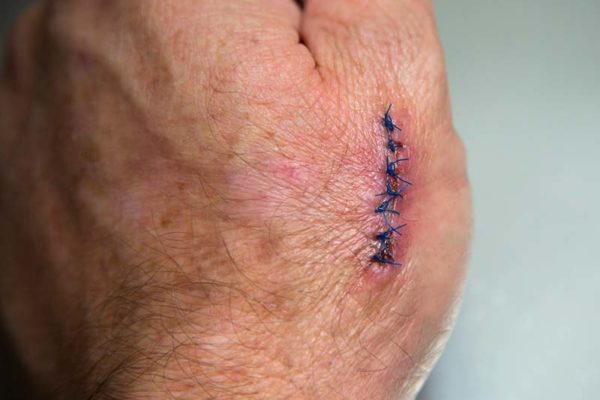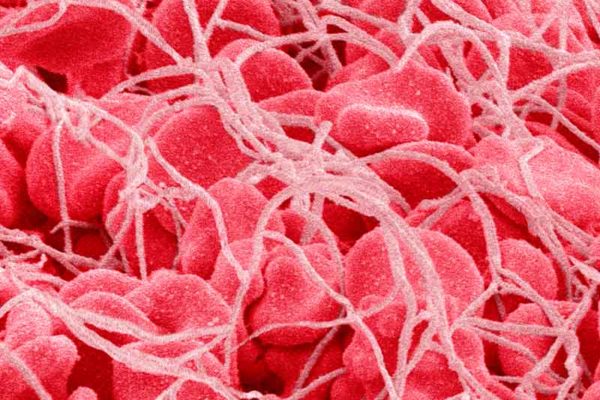Utilising peptides derived from healthy human gut microbiome, this technology offers potential therapeutic applications in treating disorders related to mood, behaviour, and gastrointestinal function by modulating the gut-brain axis.
Proposed Use
Broadly, the present invention aims to benefit patient groups suffering from pathologies related to the gut-brain axis, including neurodegenerative diseases, mood disorders, and digestive system conditions. In the peptide drug market, valued at $30.8 billion, there is a notable absence of drugs that directly modulate the gut-brain axis. This invention provides new candidate therapeutics toward current peptide-based therapies by targeting the gut-brain axis for improved GI and/or nervous system control. Additionally, their natural origin in the healthy human gut presents potential to appeal as nutraceutical products, where broad spectrum benefits could be gleaned from applying the identified peptides en masse.
Problem Addressed
Central to our health is the gut microbiome. Communication between the microbiota and the nervous system through the gut-brain axis influences a broad spectrum of physiological responses including behaviour, mood, mental health, and gastrointestinal modulation. Current therapies often target symptoms or indirectly act on the gut-brain axis. Ultimately, this results in therapies rarely addressing the interplay between gut-brain health and most importantly, the underlying cause.
This technology aims to address the significant gaps in treatment options for such conditions. The peptides identified are unique translational targets that have not been previously implicated in the gut-brain axis. This offers a new class of peptide drugs that could control and potentially correct dysfunctions in both the nervous and digestive systems, whether brought to market as pharmaceuticals or nutraceuticals. Continued research into these peptides will reveal their specific mode of action and permit their application in targeted therapies, though collectively these peptides may also have the potential to acutely mimic the healthy human gut in a consumer product context. These would provide new alternatives to existing treatments with different mechanisms of action and side effect profiles that could benefit patients who do not respond well to current therapies. Thus, meeting a significant unmet need in treating related disorders.
Technology Overview
The present invention identifies a novel cohort of 66 peptide families derived from healthy human gut microbiome, showing potential in modulating the gut-brain axis. These peptides were identified through whole organism behavioural screening using the nematode C. elegans and have demonstrated potential effects on behaviours and physiological processes connected to the gut-brain axis. Notably, one identified peptide shows homology to thioredoxin from Clostridium bacteria, suggesting a possible interaction at neural synapses. Based on observations, these receptors are potential candidates for how peptides may act in the gut-brain axis, which are instrumental in mediating physiological responses. This represents a significant avenue for novel drug discovery in nervous system control and modulation of the gut-brain axis.
Benefits
- Potential for modulatory action on the human gut-brain axis
- Unique translational assets derived from the healthy human gut
- The human gut-brain axis is a novel therapeutic avenue
- Peptides likely target GPCRs in the gut-brain axis
- Broad therapeutic and prophylactic potential
- Application in both pharmaceutical and nutraceutical markets
Developmental Stage
- Preliminary data collected, demonstrating proof-of-concept (TRL 3)
- The C. elegans whole organism screening has established the present peptides as potential candidates for human gut-brain therapeutics
- Further studies on these peptides are needed for more precise target validation and elucidating the mechanism of action
Intellectual property information
A priority patent application has been filed for this technology, which is currently pending – Peptide (GB2313820.9)






